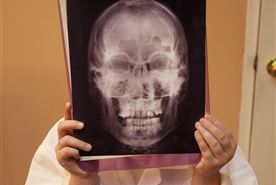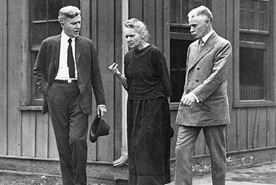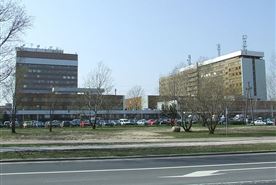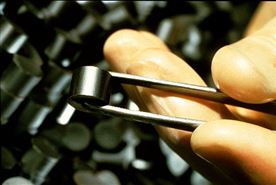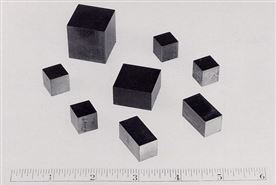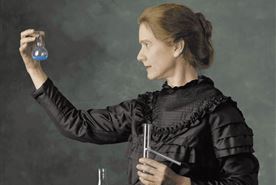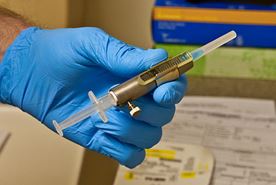YOLA 12A: The Life and Work of Marie Curie - p3
Phrase
with a purposeful or sincere intent
in earnest
In 1918, the Radium Institute, whose staff Irene had joined, began to operate in earnest, and became a centre for nuclear physics and chemistry.
In 1918, the Radium Institute, whose staff Irene had joined, began to operate in earnest, and became a centre for nuclear physics and chemistry.
Noun
the ability to be used for practical purposes
applications
Marie Curie, now at the highest point of her fame and; from 1922, a member of the Academy of Medicine, researched the chemistry of radioactive substances and their medical applications.
Marie Curie, now at the highest point of her fame and; from 1922, a member of the Academy of Medicine, researched the chemistry of radioactive substances and their medical applications.
Noun
the act of celebrating the fact that something is officially ready to be used
inauguration
Marie gave lectures around the world and, in addition, witnessed the development of the Curie Foundation in Paris and the inauguration in 1932 in Warsaw of the Radium Institute, where her sister Bronia became director.
Marie gave lectures around the world and, in addition, witnessed the development of the Curie Foundation in Paris and the inauguration in 1932 in Warsaw of the Radium Institute, where her sister Bronia became director.
Verb
to gather or acquire something gradually as time passes
accumulate
One of Marie Curie's outstanding achievements was to have understood the need to accumulate intense radioactive sources.
One of Marie Curie's outstanding achievements was to have understood the need to accumulate intense radioactive sources.


